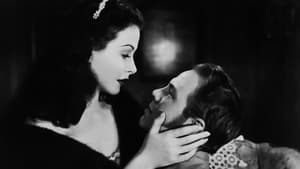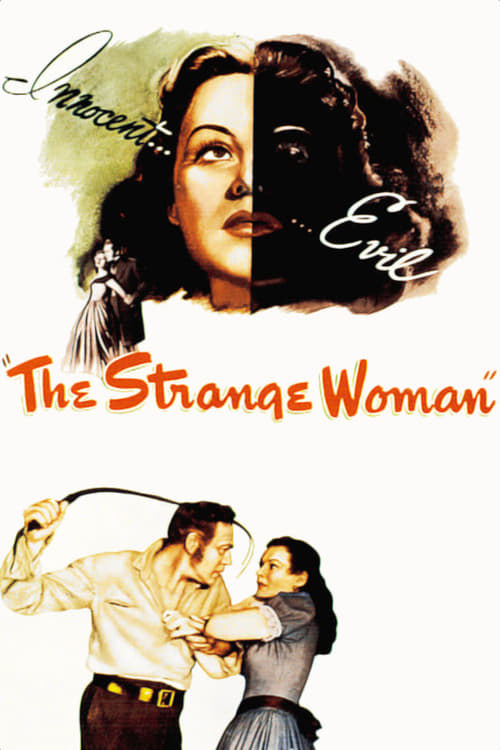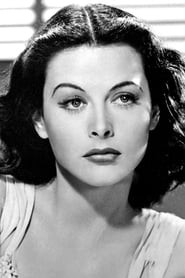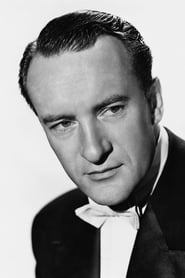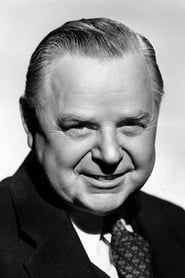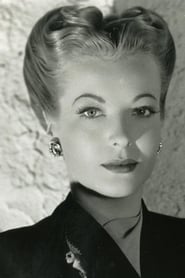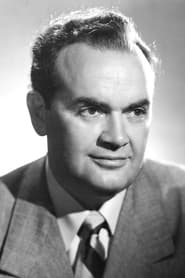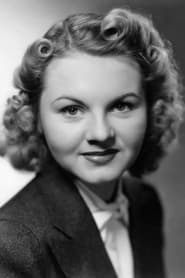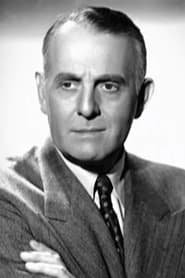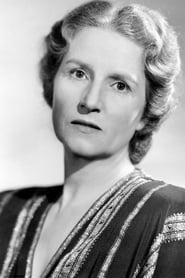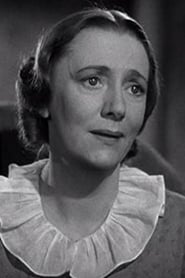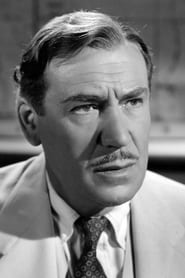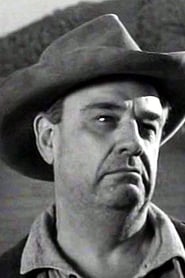Cast
View AllHedy Lamarr
as Jenny Hager
George Sanders
as John Evered
Louis Hayward
as Ephraim Poster
Gene Lockhart
as Isaiah Poster
Hillary Brooke
as Meg Saladine
Rhys Williams
as Deacon Adams
June Storey
as Lena Tempest
Moroni Olsen
as Rev. Thatcher
Olive Blakeney
as Mrs. Hollis
Kathleen Lockhart
as Mrs. Partridge
Alan Napier
as Judge Henry Saladine
Dennis Hoey
as Tim Hager
Ed Agresti
as Congregation Member (uncredited)
John Alban
as Congregation Member (uncredited))
Fred Aldrich
as Sailor in Saloon (uncredited)
Crew
Director
- Edgar G. Ulmer
Writer
- Hunt Stromberg
- Edgar G. Ulmer
Producer
- Eugen Schüfftan
- Jack Chertok
Reviews
John Chard
Bangor is mine and it owes me a living.
The Strange Woman is directed by Edgar G. Ulmer who also co-writes the screenplay with Hunt Stromberg and Herb Matthews from the novel of the same name written by Ben Ames Williams. It stars Hedy Lamarr, George Sanders, Louis Hayward, Gene Lockhart, Hilary Brooke, Rhys Williams and June Storey. Music is by Carmen Dragon and cinematography by Lucien N. Andriot.
I don’t want the youngest. I want the richest!
Well well, what an intriguing little period noir this is. Story deals with Jenny Hagar (Lamarr), a strong and scheming woman who in 1840s Bangor in Maine, uses men for her own gains whilst exuding a double persona that shunts her into the upper echelons of the town’s standings. But, as we become privy to Jenny’s back story and psychological make-up, you can feel that cloud of pessimism closing in.
There will always be arguments put forward about if the likes of The Strange Woman should be classed as noir or not, but with Ulmer and Andriot cloaking the tale with claustrophobic shadows and low lights, the blacks and whites atmospherically used, thus the visuals are in place to marry up with the story, and what a story.
Jenny Hagar is a classic femme fatale, in fact fatalistic could be her middle name. We get a sneak peak of her deviousness as a child, and then we see her as a luscious older beauty, dangling men around her fingers and fully committed to marrying purely for money. What follows Jenny around is murder, suicide, incest, seduction, greed, violence and alcoholism! And of course, self-destruction.
Jenny has no qualms about who she tramples on to achieve her ends, but the kicker in her story is that she does have good in her fighting to get out, she can be charitable at times, and as we come to understand her upbringing she even garners a level of sympathy from the audience. It’s this dual aspect of her make-up that intrigues greatly, but she’s fighting a losing battle, more so as Bangor is the wrong place for her, itself a confused mess of unsavoury or spoilt characters.
There were problems behind the scenes, but so many conflicting reports exist it’s hard to know what is true and who was pulling the main strings. What we do know is that Ulmer, armed with a bigger budget than usual, has crafted a moody and daring picture that strikes devilish notes without banging the drum too loudly. Striking scenes and imagery are many, thunderstorm seduction, lairy lumberjacks, river of death and the big finale are just some of the moments showing what Ulmer was capable off.
While Lamarr, for her pet project to move her into darker roles and be taken seriously as an actress, turns in a top performance. Unafraid of the material, she cuts loose with a blend of sexual dynamism and troubled soul. Around her are fine performances from Lockhart, Hayward and Brooke, though Sanders is a touch out of place. The pace sometimes sags, and motivations and actions of support characters could have been more fleshy, but in the main this is well worth taking a stroll down a dark alley for. 7.5/10
Nov 2, 2013
CinemaSerf
Ben Williams' original novel offered quite a different take on the gold-digging femme fatale and in this adaptation Hedy Lamarr takes on the title role. Escaping from a fairly brutal marriage to a drunk, she determines to improve her lot in life. She is clever and beautiful so easily attracts the attention of the wealthy, much much older "Isaiah" (Gene Lockhart). She also attracts the attention of his son Louis Hayward and of his company right-hand man "John Evered" (George Sanders). This is a little long; but it is atmospheric, the writing is good - the plot a little more complex than might be expected from this kind of melodrama - as is the cinematography, and Lamarr plays the vulnerable but manipulative "Jenny" a little like Vivien Leigh might have done.
Jul 7, 2022
Thematic Analysis
As a dramatic work, The Strange Woman examines complex human relationships and emotional struggles against the backdrop of a period setting that reflects societal issues of its time. The character development particularly stands out, offering viewers a chance to reflect on their own life journeys.
Director Edgar G. Ulmer brings their distinctive visual style to this film, continuing their exploration of themes seen in their previous works while adding new elements. Their approach to character development and emotional depth creates a viewing experience that rewards close attention.
Released in 1946, the film exists within a cultural context that now offers viewers historical perspective on the social issues of that era. Its reception demonstrates the diverse reactions to its artistic choices and its place in cinema history.
Did You Know?
- The production of The Strange Woman took approximately 28 months from pre-production to final cut.
- With a budget of $1.5 million, the film proved to be a financial success, earning back its investment and more.
- The final cut of the film runs for 100 minutes, though the director's initial assembly was reportedly 120 minutes long.
- The musical score contains over 51 unique compositions.
- The screenplay went through 12 major revisions before the final shooting script was approved.
- The director insisted on using practical effects whenever possible, reserving CGI for only the most necessary scenes.
Historical Context
- In 1946, when this film was released:
- Television was becoming a dominant form of home entertainment.
- The civil rights movement was gaining momentum in the United States.
- The film industry was dominated by major studios, with independent cinema still in its early development.
How This Film Stands Out
While The Strange Woman shares thematic elements with other films in its genre, it distinguishes itself through its unique approach to storytelling, visual style, and character development.
Unlike Sorry, Wrong Number, which focuses more on action than character development, The Strange Woman subverts genre expectations by exploring its themes with greater nuance.
While films like Molokai: la isla maldita and Shadow of a Doubt explore similar territory, The Strange Woman stands apart through its distinctive directorial vision and pacing.
This film's unique contribution to cinema lies in its thoughtful balance of entertainment value and thematic depth, making it a valuable addition to its genre.
Details
- Release Date: October 25, 1946
- Runtime: 1h 40m
- Budget: $1,500,000
- Revenue: $2,800,000
Where to Watch




